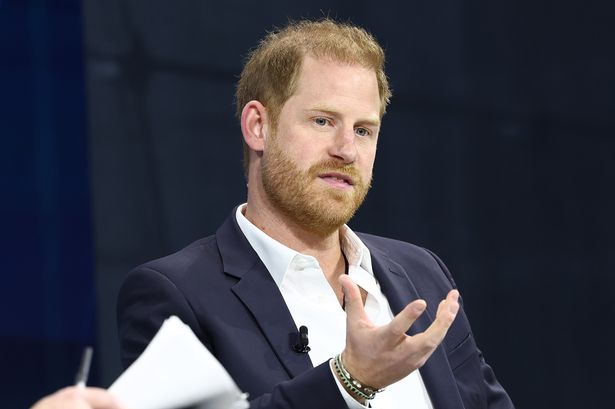Prince Harry’s forthcoming visit to the UK for his High Court trial against News Group Newspapers (NGN) will be marked by a restricted level of police security, a consequence of his ongoing legal battle over the withdrawal of his taxpayer-funded protection. This visit will be his first since the Coronation of King Charles III, an event he attended without his family, and further underscores the strained relationship between the Duke of Sussex and the British establishment. The limited protection offered highlights the complexities surrounding his security arrangements, which have been a point of contention since he stepped back from royal duties in 2020. This arrangement differs significantly from the comprehensive security he previously enjoyed as a working member of the Royal Family, raising questions about the assessment of potential threats and the responsibilities of the UK government in safeguarding a high-profile figure like Prince Harry, especially given his unique position and the highly publicized nature of his ongoing legal battles.
The legal dispute concerning his security arrangements stems from the Home Office’s decision in 2020 to revoke his automatic right to police protection following his departure from royal life. Prince Harry has consistently argued that privately funded security cannot replicate the comprehensive protection provided by the Metropolitan Police, citing the specialized intelligence and resources available to state security forces. His argument emphasizes the unique threats he faces due to his royal lineage and the public profile he maintains, particularly in light of historical security breaches and the heightened media scrutiny that accompanies his every move. This legal challenge reflects the prince’s commitment to ensuring the safety of himself and his family while in the UK, a concern that has been amplified by the increasingly acrimonious relationship with certain sections of the British press. The limited protection offered for this visit underscores the unresolved nature of this dispute and the ongoing tension surrounding his security needs.
The High Court trial against NGN, which forms the backdrop for this visit, centers on allegations of phone hacking and unlawful information gathering by the publisher of The Sun and the now-defunct News of the World. Prince Harry alleges that NGN journalists engaged in illicit practices to obtain private information, contributing to a climate of intrusion and harassment that has significantly impacted his life. This legal action marks a significant escalation in his ongoing campaign against what he perceives as unethical and invasive practices within the British tabloid press. It aligns with his broader advocacy for greater media accountability and a more respectful relationship between the press and public figures, a stance he has vocally championed since stepping away from royal duties. This trial represents a critical juncture in his efforts to hold powerful media organizations accountable for their alleged transgressions.
The confluence of these events – the limited security, the high-stakes legal battle, and the backdrop of strained familial and institutional relationships – paints a complex picture of Prince Harry’s current standing. His visit to the UK under these circumstances serves as a potent reminder of the lasting ramifications of his decision to step back from royal duties. It also highlights the ongoing challenges he faces in navigating his personal security, his legal battles, and his evolving relationship with the British public and the institutions he formerly represented. The limited police protection, while potentially adequate for this specific visit, continues to raise questions about the longer-term security arrangements for Prince Harry and his family should they choose to spend more time in the UK.
The decision to offer limited protection, rather than the full security detail he previously received, reflects the government’s position that taxpayer-funded protection is reserved for individuals undertaking official duties on behalf of the Crown. This distinction underscores the fundamental shift in Prince Harry’s status following his departure from royal life. While acknowledging his unique position and the potential security risks he faces, the UK government maintains that the responsibility for his personal security primarily rests with him, given his private citizen status. This position highlights the ongoing debate surrounding the extent to which the state should be responsible for the security of high-profile individuals who have relinquished official roles but remain prominent public figures.
Looking ahead, the outcome of Prince Harry’s legal challenge against the Home Office regarding his security arrangements, along with the result of his trial against NGN, will undoubtedly shape his future interactions with the UK. These legal proceedings represent key battles in his broader campaign for greater privacy, security, and accountability from the British press. The decisions in these cases will not only have personal implications for the Duke of Sussex but could also set precedents for other high-profile individuals navigating similar challenges. His ongoing engagement with these issues continues to generate significant public interest and raises important questions about the balance between public safety, personal privacy, and the role of the media in a rapidly evolving information landscape.














